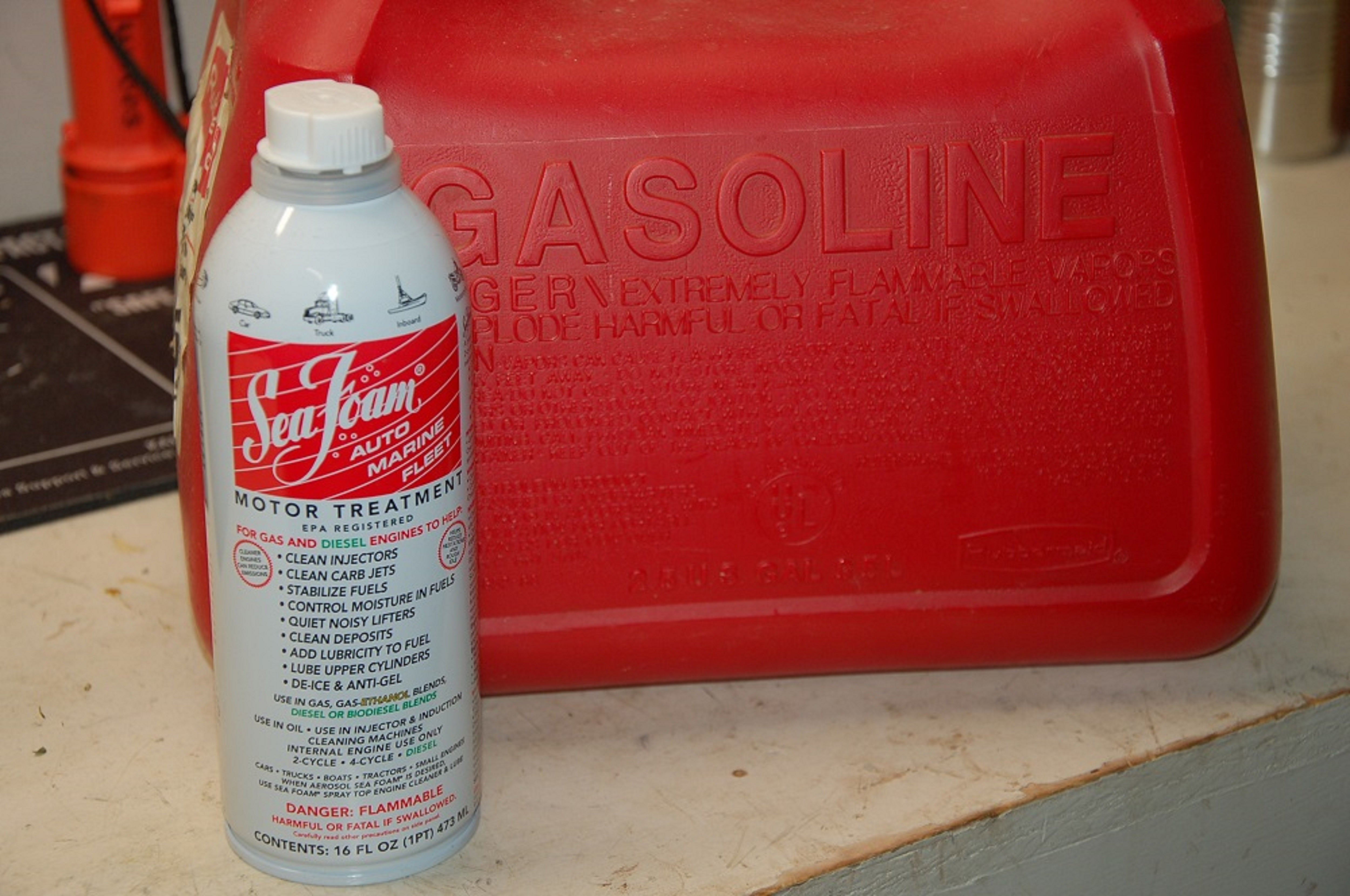Sea Foam Combats Ethanol Fuel Negatives
Dr. John Woods 01.06.17

Say what you want about ethanol fuels, but they can ruin gasoline engines. This is particularly true with small engines like outboard motors, lawn equipment, and ATVs. What happens over time is that the ethanol gums up the carburetors, fuel lines, filters, and other components. Time to fight back.
A couple of years ago my aging 2000 Honda 450ES ATV began to become hard to start and stay running. Even choking the engine did not start it up immediately. Letting it run a few minutes to “warm up” was no guarantee either. Putting it in gear would often simply kill the engine.
Somebody in camp asked if I was running ethanol. Well, of course, non-ethanol fuel was nearly impossible to find. They told me about a fuel additive called Sea Foam, so I tried it out. They warned me it would take a few tanks of fuel to get things straightened out.
So, got a can of the Sea Foam at the local auto parts store and added the recommended amount to the ATV fuel tank several times over the hunting season. Slowly but surely, I could tell this additive was making a difference. When the season ended, I added more when I basically put the ATV in garage storage. Even then, I would crank it up at least once a month.
The following season, the Honda roared right into full power. Admittedly, by this time I found a gas station locally that offered non-ethanol fuel, so I got a 5-gallon can and am using that now along with Sea Foam. In all respects the Honda is back. It starts with one pull of the choke, and stays running, smoothly.
Sea Foam is a petroleum product so it is safe for all 2-4 cycle engines, seals, O-rings, fuel lines, gas system sensors, and other fuel system components in gasoline and diesel engines. So, if you have a rough running or starting gas or diesel engine that has been using ethanol fuel, then try some Sea Foam.
And just to be politically incorrect, not only does ethanol fuel cause problems in gas engines, this corn origin additive also takes this vital resource out of the food cycle. Less corn for cattle feed and other food sources, causes your beef and other food costs to rise. It’s a double whammy of negative impacts to our economy.